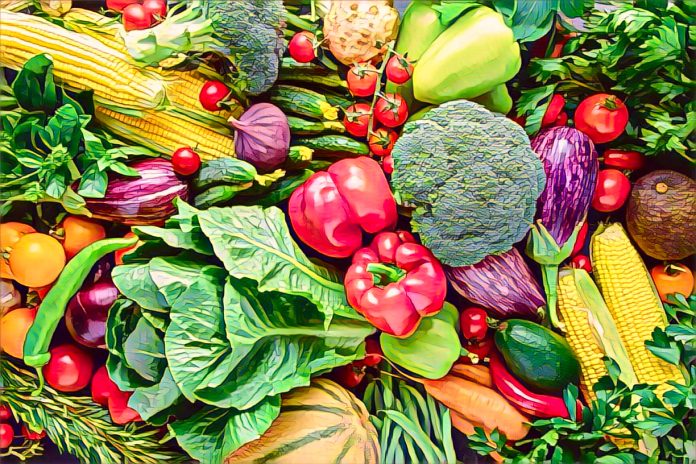KEY POINTS
- Global demand for organic products offers lucrative opportunities for Nigerian farmers.
- Investments in organic agriculture, like Johnvents’ cocoa processing expansion, highlight sector growth.
- Smallholder farmers benefit economically from transitioning to organic farming practices.
The international demand for organic produce has led Nigerian farmers to make their traditional farms into exporting businesses that bring profitable returns to the country.
This shift towards organic farming is driven by rising international demand for sustainably produced goods and the recognition of organic agriculture as a viable pathway to economic growth.
The global demand for organic products
The worldwide market for organic food continues to demonstrate increasing numbers as customers focus on health and environmental issues.
Producers worldwide including Nigerian producers now have new opportunities to supply organic products on the market because of this growing demand.
Nigeria’s organic farming landscape
Nigeria’s organized organic farming sector remains new to the country because formal practice started less than ten years ago yet expands today.
Moreover, the farming community now appreciates that organic farming methods offer productive financial rewards.
Farmers now shift their operations from conventional farming to organic methods because both local and international markets show strong demand for organic agricultural products.
The global organic market was valued at over $120 billion in 2021, and Nigerian farmers are eager to tap into this lucrative opportunity.
Success stories in organic exports
A prime illustration can be found in Johnvents which operates as both an agribusiness enterprise and manufacturing firm based in Nigeria.
The company recently secured $40.5 million from the UK’s development finance institution to expand its cocoa processing capacity to 30,000 metric tons annually.
This strategic investment demonstrates strong faith in Nigeria’s natural cocoa growth sector and its future prospects in international markets.
Economic benefits for smallholder farmers
Organic farming brings advantages to small scale farmers who maintain a large presence within Nigeria’s agricultural industry.
The shift to organic farming enables farmers to connect with premium markets that will compensate them more for their certified organic products.
However, this transition results in increased revenue and leads the farmers toward environmentally sustainable methods of cultivation.
Challenges and the way forward
Nigerian farmers experience multiple barriers to organic farming production due to restricted access to organic materials, certification procedures and inadequate basic utilities.
The implementation of organic agriculture in Nigeria demands joint action between public sector organizations and private entities alongside nonprofit advocacy groups, which must establish platforms to help organic farming thrive.
In conclusion, the growing worldwide interest in organic products provides Nigerian farmers with a major business opportunity.
Through organic farming practices, Nigerian farmers develop better income levels and build Nigeria’s position as a vital market for international organic products.



